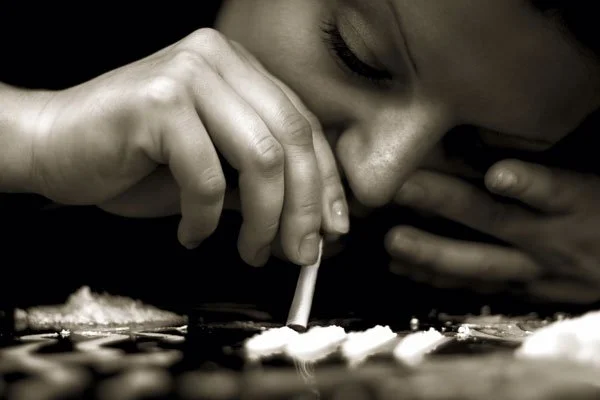We need to talk about cocaine use in Malta
I am a parent of a young child, soon to be two, and I am increasingly worried about the rise in drug use, especially cocaine, in our society. Let me be clear. This isn’t about demonising people who use drugs. Most recreational users are ordinary people with jobs, families and good intentions. This is about acknowledging a serious problem that affects all of us and asking what kind of world our children are growing up in.
Will cocaine be as common at parties as a glass of wine by the time they’re teenagers? Or is that already the case?
Drugs were once a taboo subject, whispered about behind closed doors. Then came the war on drugs, which led to bloodshed but delivered few real results. In response, the criminal underworld became more organised and even more powerful. At the same time, the media began to romanticise drug culture and, more recently, governments started shifting toward more liberal drug policies. All of this has brought us to the situation we are facing today.
To be fair, even when I was a teenager, drugs were starting to appear in certain places but they were certainly less common. Today, drugs are openly used at bars, weddings, village feasts and even baptisms. A recent story in the media described scenes in Valletta where people lined up in toilets for a hit, or worse, just did it openly. It’s no longer hidden. It’s everywhere.
Malta isn’t alone. Cocaine use is rising across Europe. But we are uniquely exposed. We sit on major trafficking routes. Over 1.2 tonnes of cocaine were intercepted in one year at the Freeport. How much wasn’t caught? That easy access, along with rising affluence and lax attitudes, is fuelling something dangerous.
Cocaine is now the most commonly used illegal drug in Malta. It has overtaken cannabis in some situations. I don’t want this to turn into a list of stats but some figures matter. In 2023, 2,311 people sought help for drug addiction. Of those, 41 per cent, nearly 940 people, were primarily dealing with cocaine. Most weren’t first-timers. Around 68 per cent had already asked for help before.
The human cost is devastating. Emergency department visits for drug-related issues reached 1,266 in 2023, an 11.6 per cent increase over the previous year. Drug-related deaths rose to 18, with 13 of those from cocaine. Each number is someone’s child. Each number is a family shattered.
So how did we get here?
Our geography makes us vulnerable. So does our culture. We are social, we celebrate everything and that’s something to be proud of. But it also means there’s pressure to stay out longer, keep up, fit in. Add to that the reality we live in – a world where we work to live. Cocaine can feel like a shortcut. Especially in a place where people have very few outlets to unwind and enjoy themselves. Then there’s the way our laws have changed. Decriminalisation and barely enforced penalties send a message that this isn’t a big deal.
Experts, such as doctors, social workers and educators, have been warning us for years. But too often, their warnings have been ignored. We’ve allowed this to become normal.
As a parent, that terrifies me. My daughter is still very young, blissfully unaware. But one day she will be a teenager. She will be offered things. Will she think it’s no big deal?
A Eurobarometer survey showed that more than half of Maltese people who saw drugs as a problem were specifically worried about children and teenagers. Children are experimenting at a younger age. In one interview, a person who used to have a drug problem said he used drugs in the school toilet when he was still in secondary school.
As parents, we can’t shield our children from everything. But we can speak honestly with them. And we can demand a country that makes their choices easier, safer and better.
So, what needs to change?
We need to start early. Children deserve an honest education that meets them where they are. No scaremongering. Just the truth.
Campaigns should go into schools early, build trust and speak plainly. We need proper support too. If someone asks for help, it should be available quickly and without shame. That means more rehabilitation places, more mental health services and follow-up support that keeps people on track.
Parents need support as well. Workshops, helplines and open, shame-free spaces to ask hard questions. Not everyone knows how to start these conversations. Let’s help them.
And yes, if drugs are being used openly in clubs, bars or public spaces, we can’t turn a blind eye. This isn’t about jail. But it is about presence, consequences and showing that public drug use isn’t something we accept.
Most of all, we need leadership. We do not need press releases or vague strategies. We need real, visible action that puts prevention and protection first. It’s too important to ignore.
This is already the new normal for too many. But it doesn’t have to stay that way.
We owe our children more than this.

